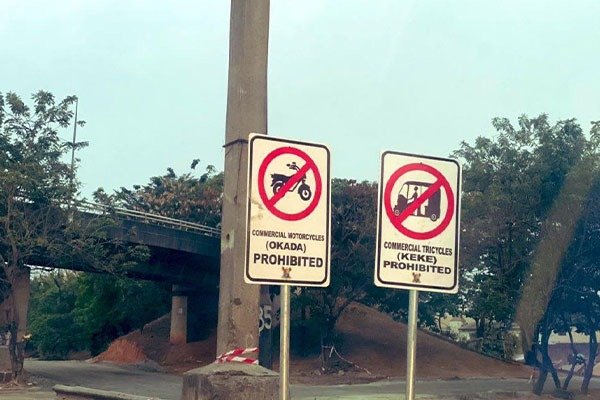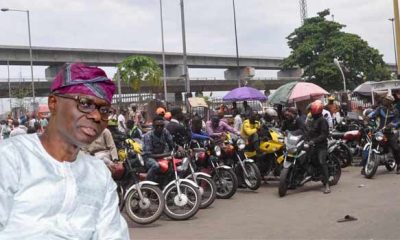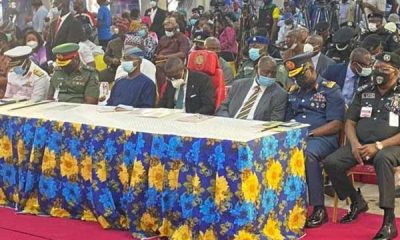Commercial motorbikes and tricycles are the most common form of public transport in Lagos State.
Earlier this years, these modes of public transportation were banned by the Lagos State government. Safety concerns was given as the reason for the ban.
They said the commercial motorbikes, known as Okadas, and tricycles, called Kekes, caused “death and disorderliness”.
The ban affects the city’s main business areas, such as Ikoyi, Ikeja, Victoria Island, Surulere, and the bridges and highways which link the different bits of the coastal city. Okadas and Kekes are still allowed in some of the residential areas of the state, especially where many poorer people live.
Lagos State, which is notorious for traffic jams, is home to at least 20 million people.
The ban on this popular means of public transport has caused a good measure of losses to some individuals and organizations. However, there are also those who are benefiting from the ban.
In this article, we highlight some gainers and losers from this recent Lagos State government policy.
LOSERS
Okada & Keke riders
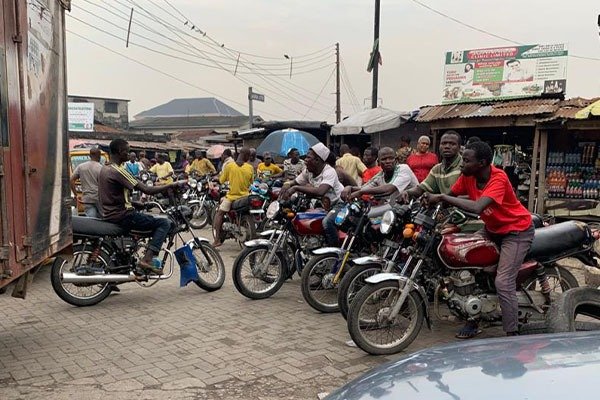
One of the biggest casualties from the ban on Okada and Keke in Lagos State are the operators of the services – the riders.
The ban left thousands of these commercial motorists jobless. Their means of livelihood was suddenly taken from them without much notice.
Some of them now resort to operating their services in outskirt locations in the state that are not affected by the ban. Some others have begun relocating their bikes from the State.
Okada and Keke Unions
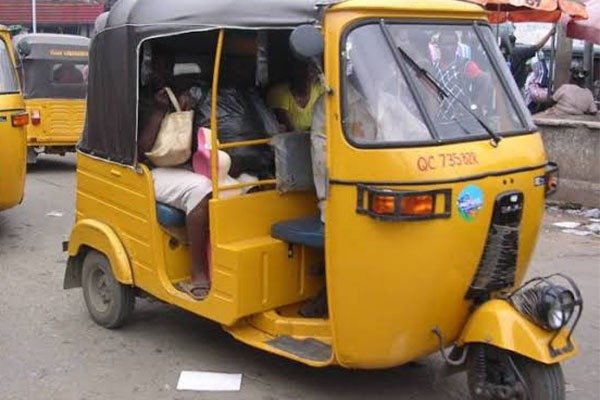
One of the biggest losers from the ban is the road transport unions in charge of Okada and Keke activities in the state.
These unions would have suffered severe financial devastation arising from the ban. These unions through their collection agents are known to collect levies from the Keke and Okada riders. In the process, they generate millions of naira daily.
Lagos commuters
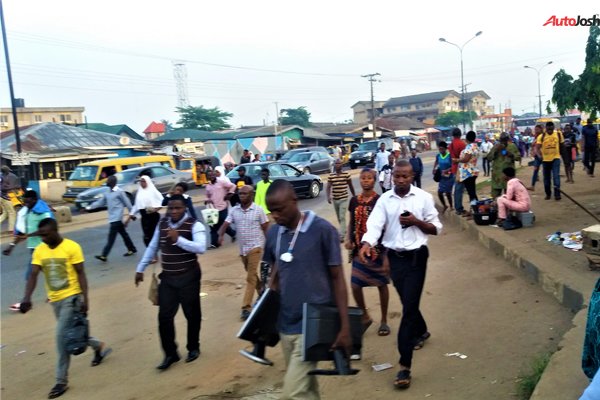
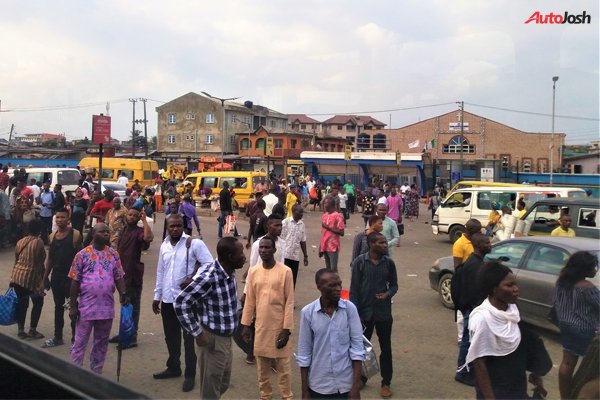
It has been one of the most difficult times to a commuting Lagosian.
As a result of the ban, there are long queues at bus stations. Many now resort to walking for miles.
The situation has also seen an increase in fares, especially at locations where only Keke and Okada hitherto provided transportation. Okadas and Keke are known to ply streets and hard-to-reach areas where buses and taxis are unable to go.
Bike hailing platforms
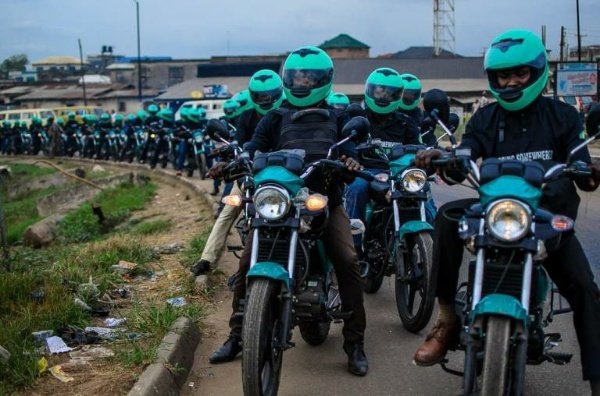
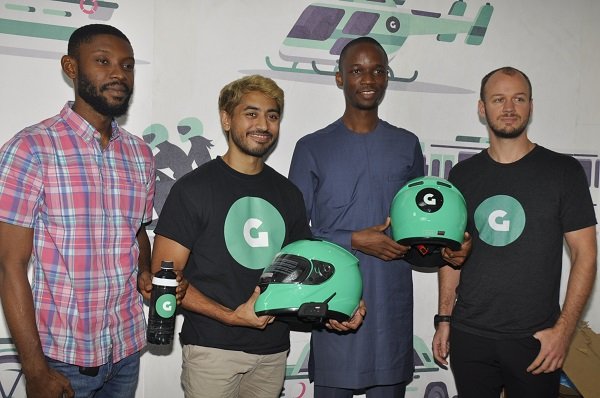
In recent years, bike-hailing services emerged on the scene. They were introduced to offer solutions in the traffic challenged Lagos State. Some of them include Oride, Gokada, Max Ng, etc.
This relatively modern method of commercial motorcycle transportation enjoyed tremendous acceptance and patronage.
To ensure this, the operators of the service invested millions of dollars in the project. Most of these monies went into the acquisition of thousands of motorbikes and other logistics.
The ban caused them to be one of the biggest casualties of this government policy.
The Gainers
Private Car owners (Kabu Kabu)
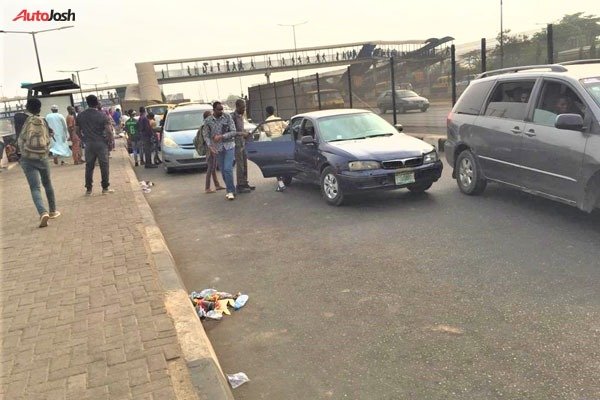
The ban on Okada and Keke opened a vista of commercial transportation opportunities to some private vehicle owners. These private motorists now engage in picking up commuters at bus stops. They are typically found at bus stops characterized by an inadequate amount of commercial buses. This practice affords them the opportunity to earn some residual income.
BRT operator
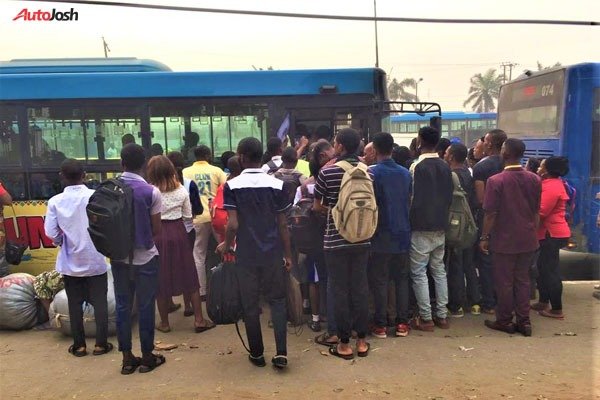
BRT operators are one of the biggest beneficiaries of the ban on Okada and Keke. The ban has inspired an upsurge in the patronage of the BRT service.
With the ban on Okada and bike-hailing services like Oride, Gokada, etc, most people whose routes are covered by the BRT buses, now patronize the BRT service.
Crowded BRT parks and the struggle for seats in the buses are some fallout of the Okada and Keke restrictions in the state.
Ride-hailing services
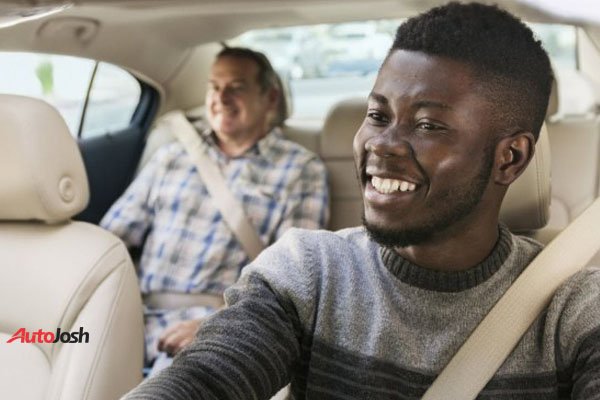
Ride-hailing services such as provided by Uber, Bolt, inDriver, etc. recently witnessed an upsurge in patronage too. Commuters now find it convenient to request for a ride, especially those going to locations where only Okada or Keke Marwa hitherto had access to.
Lagos Motorists
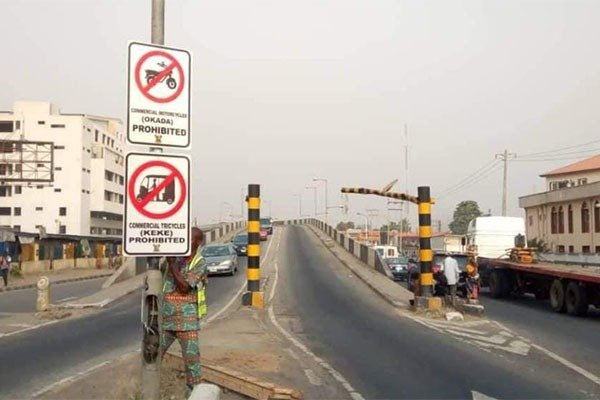
Driving around Lagos, one now experiences some measure of sanity. The ban has now made the roads devoid of the nuisance created by the once-ubiquitous Okada and Keke Napep.
Ferry Services

Since the ban on Okada and Keke, the waterways means of transportation as has witnessed a substantiate patronage.
Recently, the Lagos State Government formally kicked off commercial waterways transportation. As part of the Multi-Modal Transportation plans, the government launched the project with eight newly acquired speed boats.

 News5 days ago
News5 days ago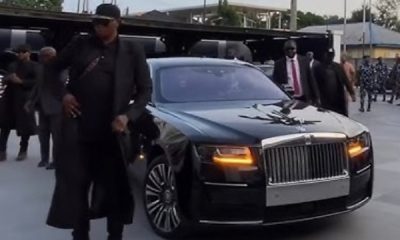
 News1 week ago
News1 week ago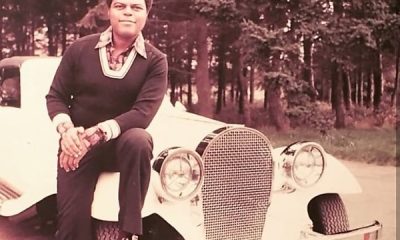
 News1 week ago
News1 week ago
 News6 days ago
News6 days ago
 News6 days ago
News6 days ago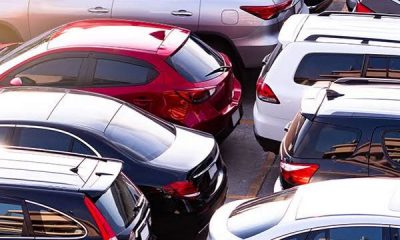
 News5 days ago
News5 days ago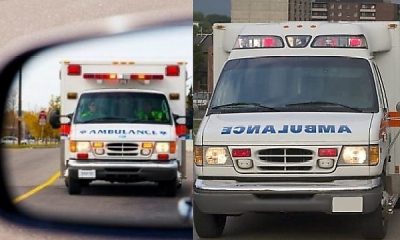
 Car Facts4 days ago
Car Facts4 days ago
 News1 week ago
News1 week ago
